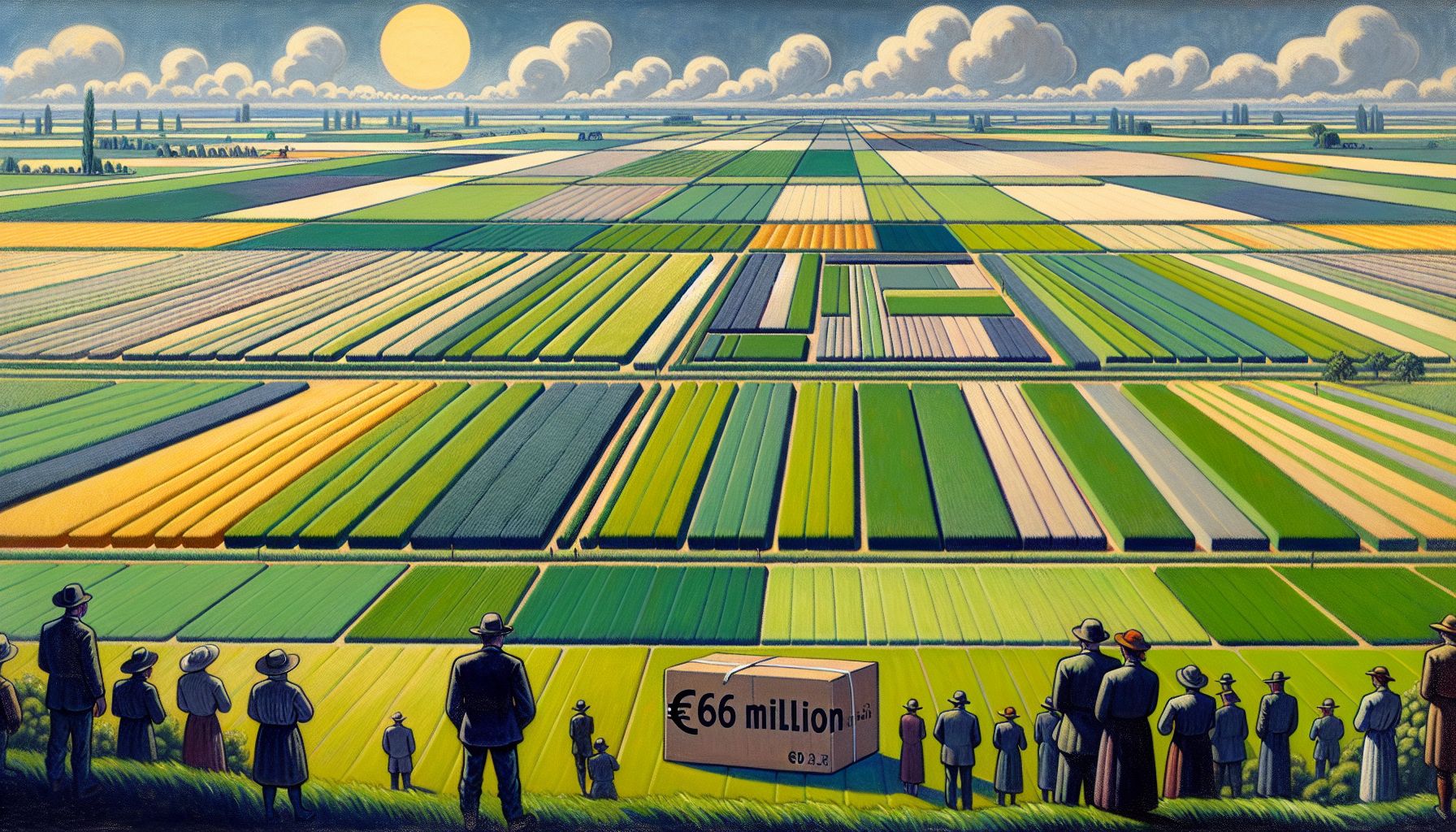Dutch Government's Agritech Funding Faces Low Farmer Participation

Netherlands, Friday, 10 January 2025.
Only 36 farmers applied for €15 million of the €60 million subsidy aimed at reducing nitrogen emissions, indicating challenges in adopting sustainable farming practices.
Limited Response to Innovation Initiative
In a significant setback for Dutch agricultural innovation efforts, only 36 veehouders (livestock farmers) have submitted applications for the government’s nitrogen reduction subsidy program, which closed on January 8, 2025 [1]. The total funding requested amounts to €15 million, representing just one quarter of the €60 million allocated for this initiative [1]. This program specifically targeted 3,000 major ammonia emitters affecting nearby nature areas [1].
Technical Solutions and Investment Barriers
The subsidy scheme covers 80% of total investments in emission-reducing technologies, with particular attention to the Lely Sphere system [1]. This innovative circular manure-handling system, developed by Dutch agricultural technology company Lely, has demonstrated promising results, with emission measurements conducted across four dairy farms establishing an official emission factor of 3 kg NH3/animal place/year [3]. Despite its proven effectiveness, the system’s high cost, ranging between €150,000 and €170,000, may be deterring widespread adoption [1].
Regulatory Challenges and Farmer Hesitation
The Ministry of Agriculture acknowledges that strict conditions, including a five-year limitation on farm expansion for participants, have contributed to the low uptake [1]. This hesitation comes amid broader challenges in the Dutch agricultural sector, as the country faces an impending manure crisis due to the phasing out of exemptions to the European Union’s Nitrates Directive between 2023 and 2025 [4]. The situation is particularly critical for dairy farmers, who are projected to face a surplus of 95 kilotonnes of nitrogen by 2026 [4].
Future Implications
The limited participation in this subsidy program highlights the complex challenges facing Dutch agriculture’s transition to more sustainable practices. While innovative solutions like the Lely Sphere have been thoroughly tested and certified [3], farmers remain cautious about making significant investments. This situation emerges against the backdrop of rising manure disposal costs, which have reached €20–€25 per tonne of nitrogen as of 2024 [4], adding further pressure to the agricultural sector’s ongoing transformation.

